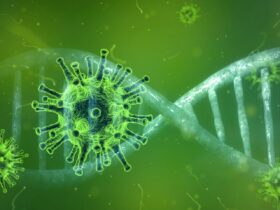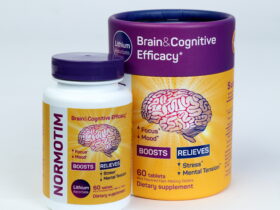A recent research reveals that high-protein regimens may result in decreased levels of testosterone in males.
The research, which was presented in the journal Nutrition and Health, examined 309 men’s hormone levels throughout an 8 week period. The participants were provided a regimen consisting of 35% meat, fish, plus protein drinks.
Their readings of testosterone had reduced by a total of 37% at the conclusion of the trial. Individuals reported erectile dysfunction, weariness, sadness, and muscular stiffness as signs of low testosterone.
The results imply that consuming protein at a rate of 35% of a person’s overall caloric intake — twice the typical amount for males — might result in decreased levels of testosterone. However, consuming below 35% protein might still result in decreased testosterone.
One disadvantage of the research is that it followed patients for just eight weeks and did not take into account many other life variables that may affect hormone levels.
Men who consume a protein-rich diet in order to sustain their improvements may end up making muscle growth more tough for themselves since lower testosterone concentrations may impede a man’s bulk process. Testosterone is the primary hormone that promotes muscular development. A better-diversified diet and exercise plan would assist you in bulking up more quickly.
Although the study’s individuals encountered numerous short-term adverse effects of low testosterone, prior analyses indicate that chronically low testosterone can result in dangers and illnesses such as fertility problems as well as an elevated risk of chronic diseases such as heart disease, diabetes, as well as Alzheimer’s.
Additionally, the researchers discovered that a protein-heavy, low-carbohydrate diet might boost cortisol levels in the bloodstream, the body’s primary stress hormone.
Maintaining a proper diet that includes carbohydrates, fiber, and veggies may help men avoid hormone abnormalities and immune function suppression.












Leave a Reply